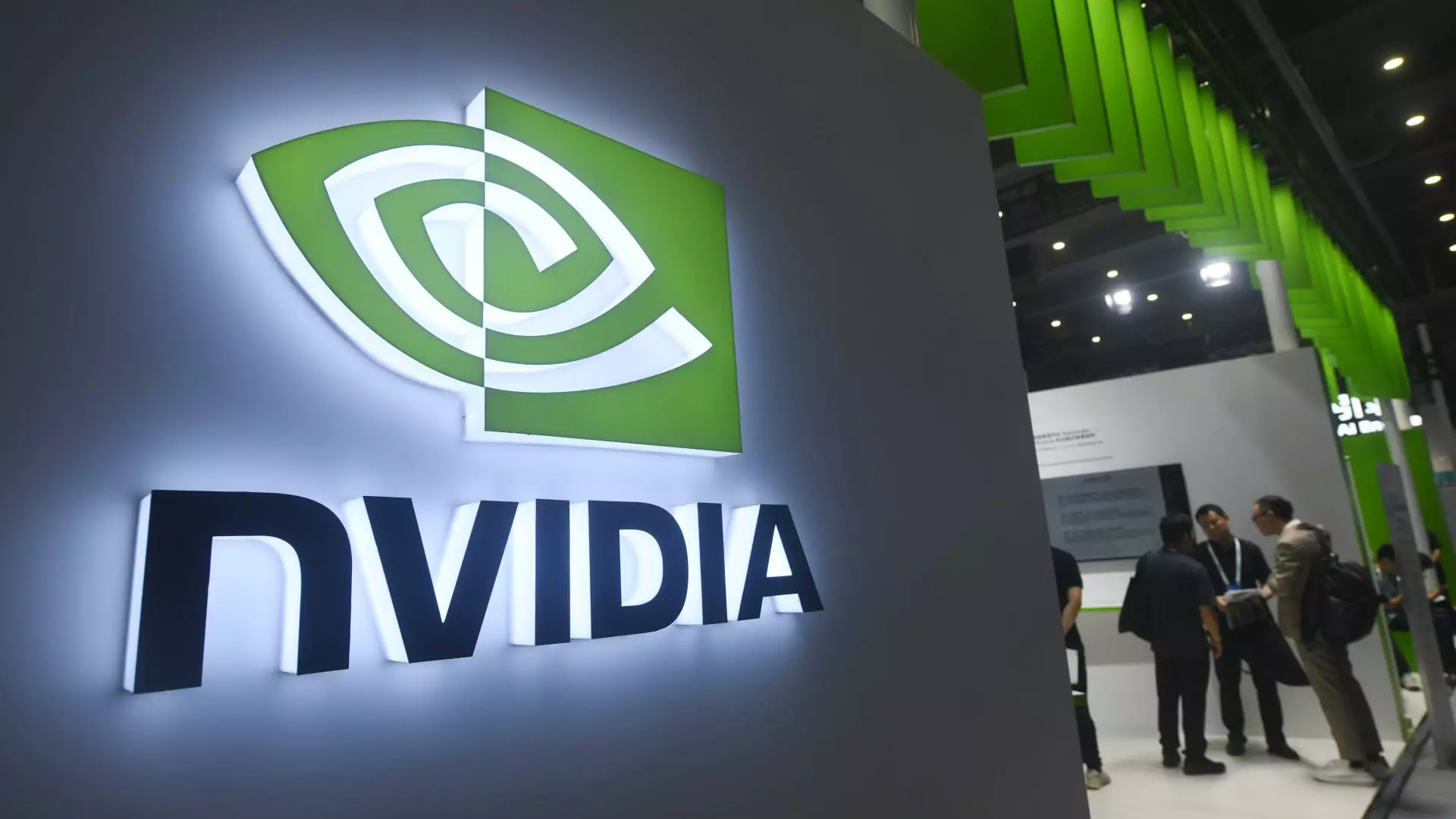The healthcare sector stands at a pivotal juncture as technology giants like Nvidia, Google, and Microsoft gear up for the HLTH 2023 conference in Las Vegas, a premier event aimed at revolutionizing healthcare administration through artificial intelligence (AI). Set to begin on Sunday, this year’s conference is anticipated to attract over 12,000 industry leaders, focusing on innovative strategies to alleviate the significant administrative burdens that plague medical professionals. As contemporary healthcare workers, such as doctors and nurses, grapple with multifaceted documentation tasks—from patient records to insurance claims—these leading companies claim their AI-driven solutions could dramatically streamline workflows and improve patient care.
The Administrative Challenges Facing Healthcare Professionals
Today’s healthcare professionals find themselves drowning under a mountain of paperwork. The intricate maze of compliance with regulations, interfacing with various insurance entities, and the maintenance of patient records is not only time-consuming but also mentally taxing. Surveys indicate that healthcare providers dedicate an alarming 28 hours a week to administrative tasks, leading to significant burnout—a pressing issue exacerbated by a projected shortage of 100,000 healthcare workers by 2028, according to the consulting firm Mercer. This reality creates an urgent need for AI solutions that can assist professionals in reclaiming their time and, ultimately, their sense of purpose in patient care.
Companies like Google and Microsoft are positioning themselves as front-runners in this emerging market. Google’s recent introduction of Vertex AI Search for Healthcare aims to allow clinicians to search through disparate medical records swiftly, thereby mitigating the risks affiliated with data silos. The company’s survey noted that a vast majority of healthcare providers (80%) believe that administrative work distracts them from patient interactions. With such staggering statistics, the introduction of streamlined, AI-enabled tools could be a game-changer.
Similarly, Microsoft announced enhancements to its medic-focused tools, including an AI-based documentation solution tailored specifically to healthcare professionals. Many of these innovations are still in their formative stages, indicating that the field may expand dramatically in the care delivery context. Furthermore, through a 2021 acquisition of Nuance Communications, Microsoft introduced DAX Copilot, an AI tool that automates clinical note-taking during patient appointments, thereby simplifying a previously labor-intensive task.
The rise in AI scribe tools marks a watershed moment for the healthcare sector. Popularity has surged, with companies like Abridge and Suki emerging as competitors. Abridge, in particular, has garnered a noteworthy investment from Nvidia’s venture capital arm, signifying a robust belief in the potential of these technologies to shift workflows fundamentally.
Dr. Shiv Rao, CEO of Abridge, has articulated the remarkable speed at which AI solutions are gaining acceptance within healthcare, describing it as “historic.” This shift towards AI documentation capabilities exemplifies a broader trend of healthcare embracing technology designed to alleviate administrative burdens, enabling professionals to rekindle their focus on direct patient interactions.
Nvidia is set to address the vital role of AI in its keynote at HLTH 2023, emphasizing how their generative AI technologies can facilitate physicians’ provision of better patient care. Leveraging their cutting-edge graphics processing units (GPUs), which are the backbone of AI algorithms in systems like OpenAI’s ChatGPT, Nvidia has experienced tremendous financial growth, increasing its shares by over 150% this year alone. Their strategic collaborations with healthcare giants such as Johnson & Johnson and GE HealthCare showcase their commitment to meaningful advancements in healthcare technology.
Despite the promising outlook for AI in healthcare, the sector has historically been slow to adapt to technological innovations. Even with the increasing conversation surrounding administrative AI tools since the rapid rise of generative AI technologies, many healthcare systems remain in the nascent stages of evaluation. On the exhibition floor at HLTH 2023, the exploration of these tools and their vendors will be vital for stakeholders looking to make informed decisions about integrating AI into their operations.
As AI technologies continue to penetrate the healthcare landscape, the potential for transformative change becomes palpable. By alleviating the administrative pressures burdening healthcare professionals, these innovations may not only enhance operational efficiency but also contribute to renewed confidence and satisfaction in the healthcare workforce. The outcome of HLTH 2023 could set the stage for a new era in healthcare, where the implementation of AI is no longer just a possibility, but a reality poised to redefine patient care.

